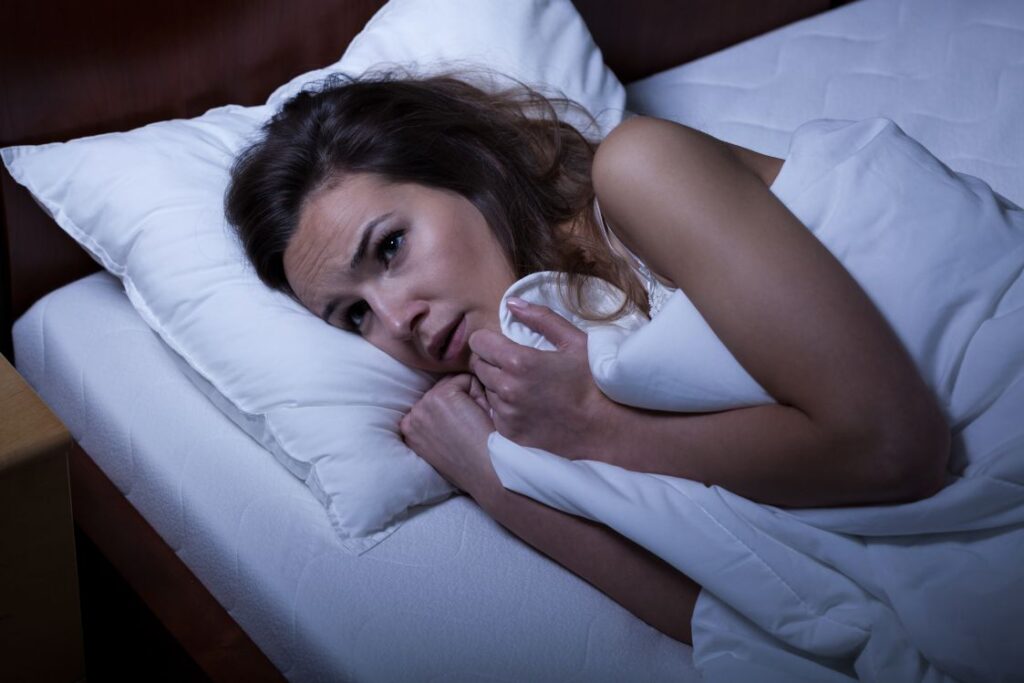
Intrusive thoughts can stop you in your tracks and change the course of your entire day. Under ideal circumstances, you should be able to shake them off and focus your mind on something else, but studies have shown that if you’re sleep deprived, suppressing them can be much harder. Here’s why if you’re suffering from a psychiatric condition that may be causing unwanted thoughts, treating sleep disorders like sleep apnea is essential.
Sleep Deprivation and Mental Health
In a recent study from the University of York, researchers tested participants’ ability to suppress intrusive thoughts when they were either sleep deprived or well rested. Among the sleep deprived participants, they experienced a nearly 50 percent increase in unwanted thoughts compared to those who had a proper night’s sleep.
What are Unwanted Thoughts?
Unwanted thoughts are described as memories or thoughts that are negative in nature and often surround events or situations that are traumatic or disturbing. For example, if you have a bad experience with an automobile accident, you may have an unwanted thought while driving or riding in a car. For some, this can be easily dismissed, but for patients with PTSD, anxiety, or depression it may be harder to move past and can be very distressing.
The Vicious Cycle of Sleep Deprivation and Unwanted Thoughts
Making matters worse, patients who suffer from intrusive thoughts are also at a higher risk of them interrupting their sleep cycle. This can increase deprivation, making the patient more anxious or distressed during the day, thereby raising their risk of even more unwanted thoughts.
Treating Sleep Apnea
In addition to seeking help for mental health conditions like PTSD, anxiety, and depression, it is also important to treat disorders such as sleep apnea to ensure that you can get sufficient rest. This will benefit not just your mental health, but also your overall health, as sleep apnea has been shown to cause many medical problems including high blood pressure, and can worsen many preexisting conditions like diabetes and Alzheimer’s disease.
How Can My Dentist Help Treat Sleep Apnea?
Dental sleep medicine uses a variety of methods to help patients get a good night’s sleep. Most frequently, it uses oral appliance therapy to help open the airway and improve breathing manually, instead of relying solely on CPAP. These devices are customized to the individual patient’s mouth, so they are very comfortable and easy to use, making it more likely that they will be compliant with treatment.
Remember, intrusive thoughts can be very distressing, but sleep deprivation can make them much worse. Don’t stay trapped in this vicious cycle. Speak to your sleep dentist today about treating sleep apnea and get the rest you need without the increase in negative thoughts.
About Dr. Bragg
Dr. Jennifer Sherwood Bragg earned her undergraduate degree at Mercer University and her dental degree at the Medical College of Georgia School of Dentistry. She is a Diplomate of the American Board of Dental Sleep Medicine and a member of the American Academy of Dental Sleep Medicine and the American Sleep and Breathing Academy. She is proud to work closely with numerous sleep physicians, ENTs, pulmonologists, neurologists, and primary care physicians, having treated hundreds of patients with sleep apnea. To schedule an appointment for sleep apnea treatment at Sleep Forsyth Dental Sleep Medicine, please visit our website or call us today at 470-281-9905.

